
‘An important piece of the puzzle’: Pinsent Masons set to broaden China footprint with new launch
Pinsent Masons has announced plans to open a new office in Shenzhen, marking another step in the firm’s ongoing expansion…

Pinsent Masons has announced plans to open a new office in Shenzhen, marking another step in the firm’s ongoing expansion…

Once seen as the next big thing for all self-respecting international law firms, China is now seeing a wave of…
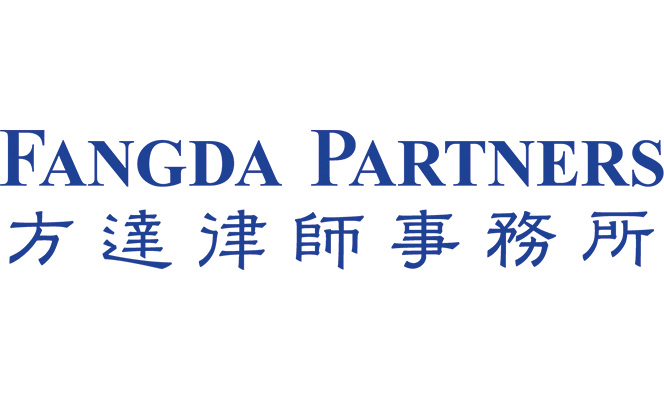
China’s life sciences and healthcare (LS&H) industry underwent an unprecedented transformation in 2023 consisting of numerous challenges and opportunities. Within…

1. What are the current regulatory frameworks governing the life sciences industry in China, and how have they evolved in…
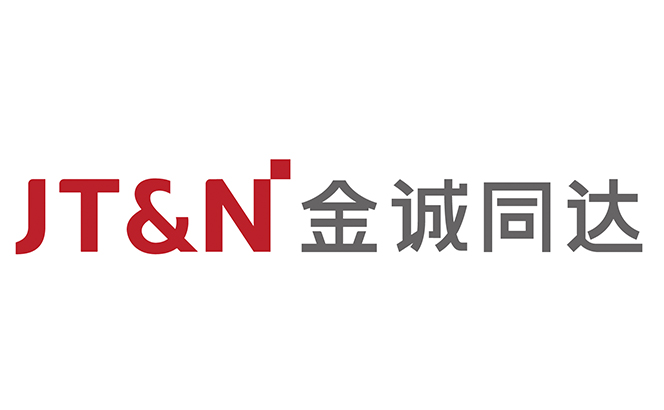
1. What are the most frequent tax-related problems (main types) encountered by foreign enterprises/individuals in Mainland China? 1.Chinese tax resident/non-resident…
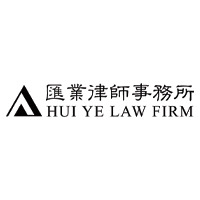
Wu Dong of Hui Ye Law Firm discusses the key points necessary for understanding the foreign acquisition of Chinese state-owned…
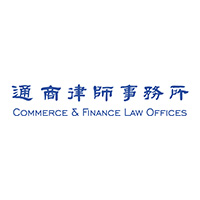
Commerce & Finance Law Offices navigate the most important aspects for the client to consider in the arbitration process In…

Partners from Haiwen & Partners take an in-depth look at TMT in China The TMT (commonly known to represent ‘technology,…
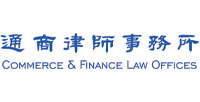
Commerce & Finance Law Offices on China building a pro-arbitration jurisdiction

China and Hong Kong are becoming increasingly challenging places for the global elite as the competition for talent from local…

‘The thing about China is there have always been those who think the bubble is going to burst and the…

The clichéd view of the Asia legal market is that it is a very difficult place for international firms to…

Fang Zhao, Jing Liu and Xueyu Yang of Hui Zhong Law Firm discuss the status of interim injunctions under PRC…

King & Wood Mallesons (KWM) China is understood to have bid for an out-of-administration purchase of certain legacy SJ Berwin…

Firm completes Beijing merger, plans Shanghai return in 2017 Fieldfisher re-established its China practice in November by merging with 12-partner…

Fieldfisher has announced a tie-up with Chinese boutique firm JS Partners. The merger is effective today (15 November) and will…

King & Wood Mallesons (KWM) global managing partner Stuart Fuller has stepped down from his leadership role as the firm…

Victoria Young reviews how global firms are positioning themselves to cash in on a market on the cusp As the…

Clifford Chance, Davis Polk & Wardwell, King & Wood Mallesons and Chinese law firm Haiwen & Partners have advised on…

Continued and steady growth is the key focus for Allen & Overy‘s new management team, with senior partner Wim Dejonghe…